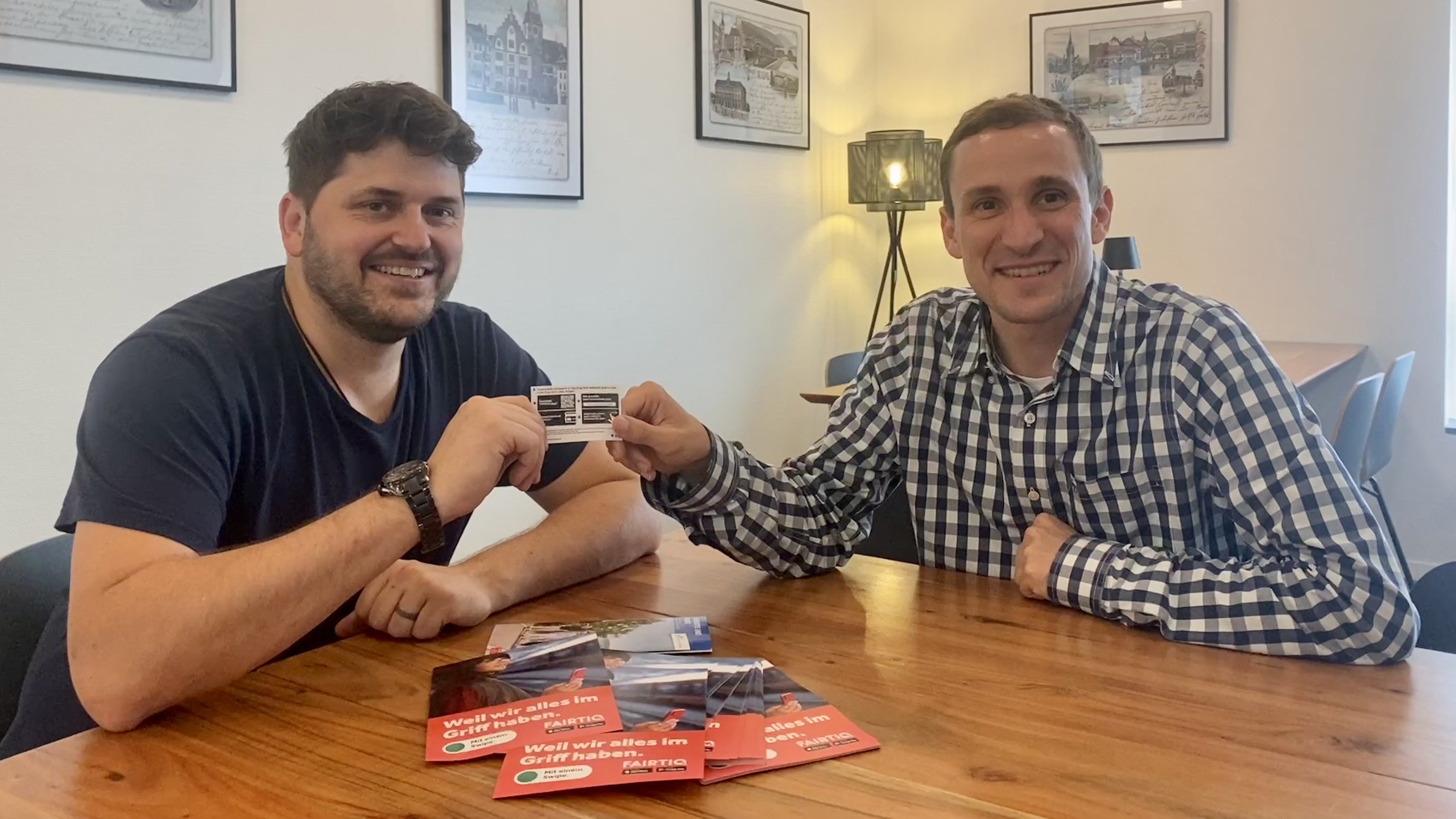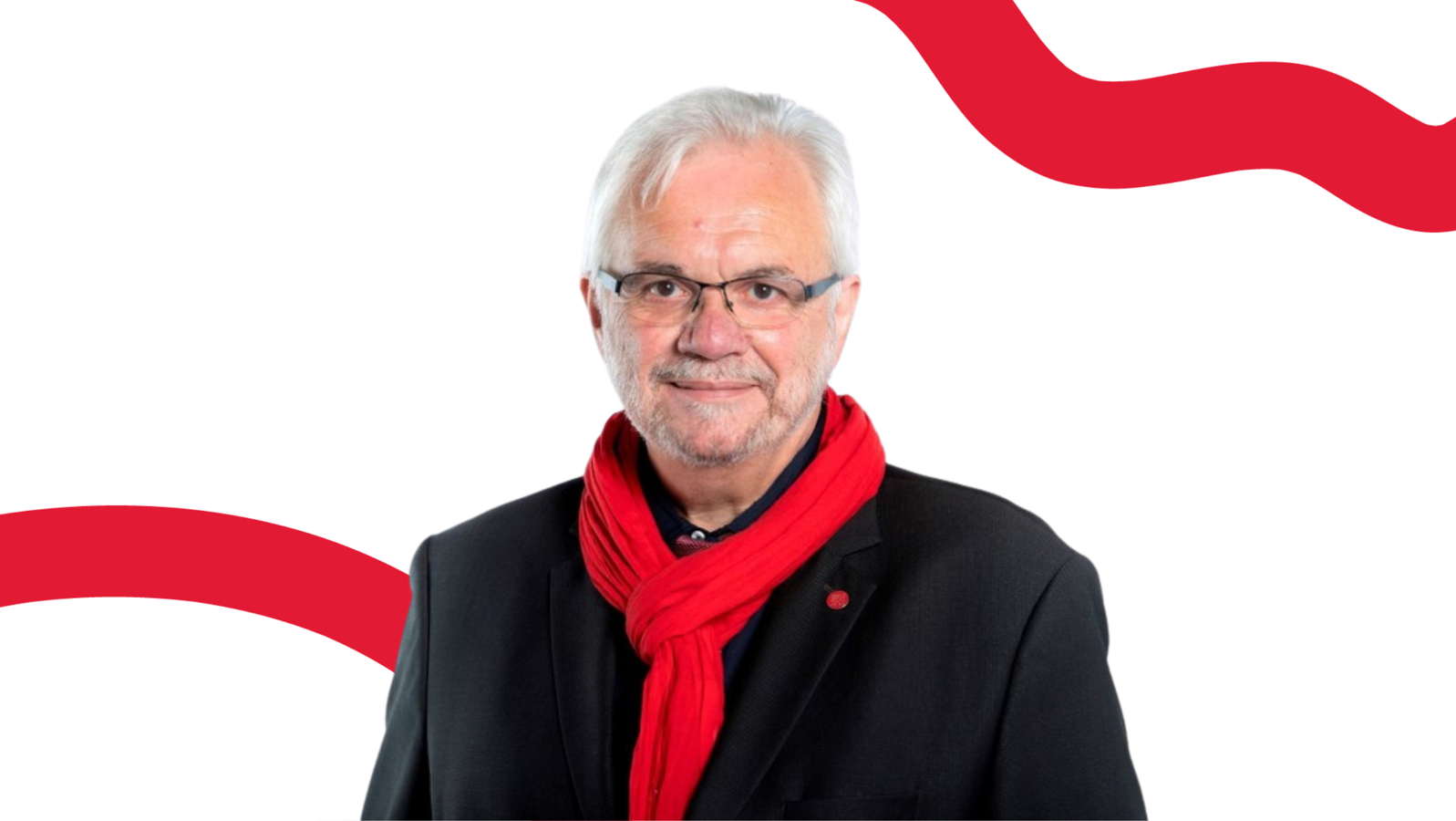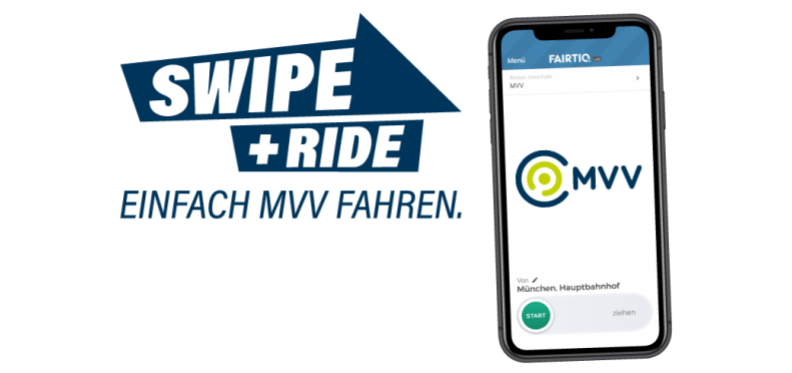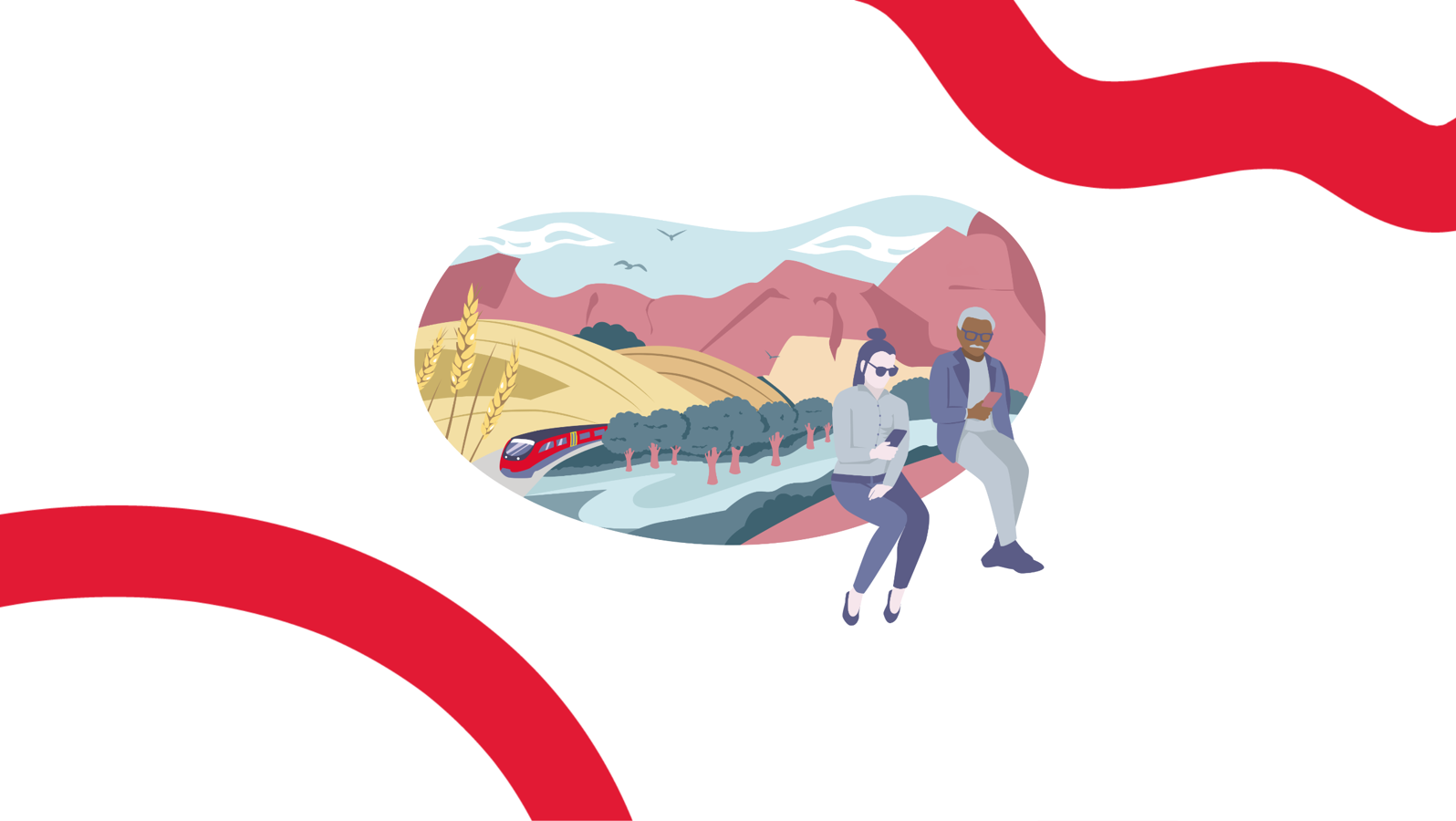
FAIRTIQ is supporting the region with its digital guest card pilot project to attract more visitors to this underrated tourist destination.
"Small is beautiful. Think big!" is the catchy slogan of Zug's new marketing campaign to attract more visitors to the central Swiss region and turn it into a premium visitor destination offering high leisure value and top-of-the-range experiences. Zug is better known as a highly sought-after international business location rather than a tourist hotspot, but that changed during the Covid-19 pandemic when business travel to the canton ground to a halt. The regional tourist board, Zug Tourismus, spotted an opportunity to grow its share of the Swiss tourism market. It has devised a new marketing strategy to revive the region's fortunes, which has remained an overlooked visitor destination despite its picturesque lakes, magnificent alpine panoramas, historic old town, vibrant cultural scene and heaps of recreational activities to choose from.
In 2019, Zug hoteliers recorded 282,000 overnight stays, but by 2021 this figure had fallen below 200,000. Since then, the situation has recovered but numbers remain slightly below pre-pandemic levels. The region's tourism bosses have launched a destination marketing campaign that they hope will increase hotel occupancy at weekends and encourage recreational travellers to prolong their stay in the region. As well as showcasing the breadth, diversity of the region and its stand-out attractions, the campaign includes the 'ZugCard', a digital guest card that visitors receive on arrival at their overnight accommodation. The card offers discounted access to a range of leisure activities in the regions, as well as free public transport.
The offer is partly funded through the visitor tax. At the beginning of the year, the town of Zug raised its visitor tax from 90 centimes to two francs. However, children, permanent residents, youth hostel and campsite guests pay a reduced rate of one franc. Despite the increase, Zug's visitor tax is still relatively low compared to other towns and cities in Switzerland, where it can be as high as seven francs per overnight stay. But what will visitors and holidaymakers make of the free public transport offer and how many ZugCard holders will actually take advantage of it during their stay? And when, where, and how often will they use these services?
Launch of the 'ZugCard' pilot
"To secure funding for our idea of adding free public transport to the other products and services on the guest card, we needed to bring well-substantiated numbers to the negotiations with our partner, the Zug public transport services", notes Joel de Buren, marketing director at Zug Tourismus. What the tourism professionals wanted to specifically know was how often and when the ZugCard is used for journeys on the Zug boat service, the Zugerberg train service, and on the region's other public transport services. Other important data points for the cost calculations include where each journey starts and ends, how long they take, and whether ZugCard users also have a Swiss Half Fare Travelcard and how many foreign visitors hold a SwissPass card.
Thanks to its technology, FAIRTIQ is able to deliver precise (anonymised) data on ZugCard user behaviour, while making it possible for holders of this digital guest card to travel simply and spontaneously throughout the region without ever having to take out their wallet or contend with a ticket machine. As Bruno Rohner from FAIRTIQ explains, "Our app-based, check-in/check-out solution offers complete transparency when it comes to ZugCard use."

Six providers of guest accommodation are taking part in the pilot. They include the Parkhotel Zug and City Garden Hotel Zug. With around 400 rooms between them, these four-star premium hotels account for almost half of overnight accommodation capacity in the town of Zug. Other participants are a conference hotel and even a camping site. As de Buren explains, "We want our pilot project to cover as many different guest categories as possible."
"Once the hotel guests have entered the code into the app, all journeys are registered automatically and charged directly to Zug Tourismus."
Personal code to access free public transport use
FAIRTIQ provides participating hosts with personal promotional codes to give to their guests along with the ZugCard. All that guests have to do to enjoy free public transport use in the region is to download the app (if they haven't done so already), enter their personal details, preferred method of payment, and the promotional code. As Rohner explains, "Once the hotel guests have entered the code into the app, all journeys they make on services operating within the Zug fare association network and on Lakes Zug and Aegeri are registered automatically and charged directly to Zug Tourismus." However, if ZugCard holders travel outside the Zug fare association network, they will have to pay for those journeys out of their own pocket.
Keeping Zug Tourismus informed
FAIRTIQ also provides Zug Tourismus with a dashboard which indicates how many promotional codes have been activated via the app and the travel costs generated by ZugCard holders.
FAIRTIQ Insights
Depending on the campaign, FAIRTIQ reporting can provide partners with accurate information on how users are travelling on the transport network, including origin, destination, transport mode used and route taken. The anonymised data will help partners to know the most popular attractions and plan future initiatives.
Contact us , if you would like to know more.
Building the Zug brand through automatic ticketing
Currently, visitors spend an average of 2.36 nights in Zug. One of the aims of the region's new tourism strategy is to raise this figure to 2.5 between now and 2025. It is hoped that the digital guest card solution via the FAIRTIQ app will greatly help Zug Tourismus achieve this goal. "Visitors can explore Zug and all its attractions without worrying about fare zones and tickets", Rohner explains. "This is how we are helping our partner transform the region into one big, borderless tourist destination." The Zug experiment might also inspire other regions popular with day trippers and holidaymakers to follow its lead.








Share